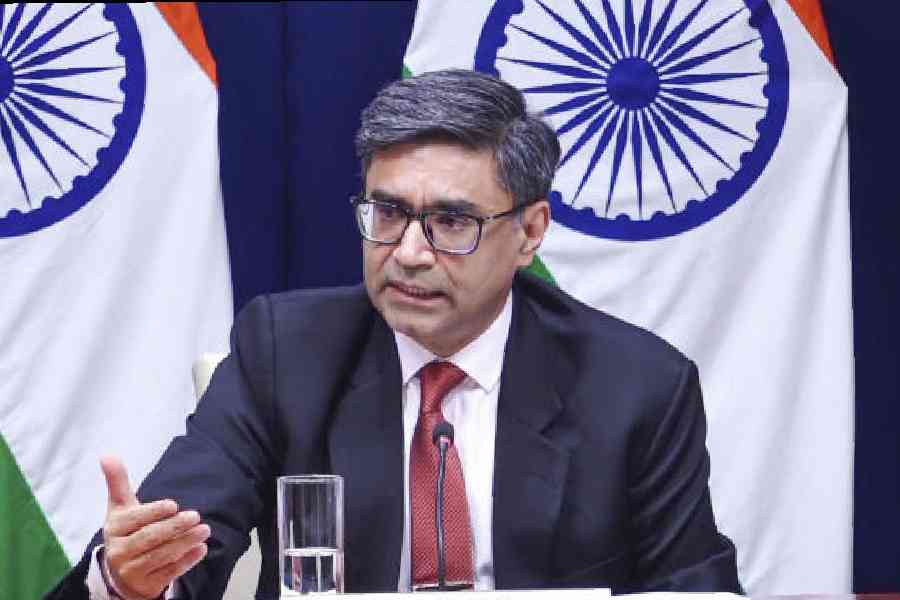An inquiry commission set up by the interim government in Bangladesh has said that it found evidence implicating deposed prime minister Sheikh Hasina and top-ranking military and police officials from her regime in alleged incidents of enforced disappearance.
The five-member Commission of Inquiry on Enforced Disappearances submitted an interim report titled "Unfolding The Truth" to Chief Adviser Professor Muhammad Yunus on Saturday.
The commission estimated that there would be more than 3,500 enforced disappearances.
“The commission has found evidence of former prime minister Sheikh Hasina’s involvement as the instructor in the incidents of enforced disappearance,” the press wing of the office of Chief Adviser said in a statement on Saturday night.
It said the deposed premier’s defence adviser Major General (retd) Tarique Ahmed Siddique, former director general of the National Telecommunication Monitoring Centre and sacked Major General Ziaul Ahsanand senior police officers Monirul Islam and Mohammad Harun-Or-Rashid and several other senior officials were found to be involved in those incidents.
The ex-military and police officers are on the run, mostly believed to be abroad since the ouster of Hasina’s Awami League regime on August 5 following a student-led uprising.
According to the statement, retired Supreme Court judge Mainul Islam Chowdhury, the chairman of the commission, told Yunus that during investigations they found a "systematic design" that allowed incidents of enforced disappearances to go undetected.
"Individuals carrying out enforced disappearance or extrajudicial killing (even) lacked knowledge about victims," Chowdhury said.
The report said the police’s elite anti-crime Rapid Action Battalion (RAB), which draws men from the Army, Navy, Air Force, regular police and other law enforcement agencies had collaborated with each other to pick up, torture and keep victims in detention and deliberately segmented the operations.
The commission simultaneously proposed the abolition of the RAB alongside scrapping or thoroughly amending the Anti-Terrorism Act, 2009.
Rights activist and commission member Sajjad Hossain said they recorded 1,676 complaints of enforced disappearances and, so far, have examined 758 of them. Of these, 200 people or 27 per cent of the victims never returned while those who returned were mostly shown on records as arrested.
Besides the chairman, the commission comprises Justice Farid Ahmed Shibli, rights activist Nur Khan, private BRAC University teacher Nabila Idris and rights activist Sajjad Hossain.
At a press conference earlier, the commission announced that they had found eight secret detention centres in Dhaka and its outskirts.
The panel chairman on Saturday informed Yunus that they would deliver another interim report in March and would require at least another year to complete the scrutiny of all allegations they had received.
"You are doing a really very important job. We are ready to give you all kinds of support that you need," Yunus was quoted as saying.
TV channels and social media carried interviews with several victims of the alleged enforced disappearance, including former military officers and opposition activists who were active in opposing Hasina's regime.
While receiving the report yesterday, Yunus said he would visit some of the joint interrogation cells and secret detention centres as he wanted first-hand knowledge about the sufferings of the victims.
The report called for the creation of a new law criminalising enforced disappearances.
Commission members also told the government to repeal laws under the Armed Police Battalions Ordinance that grants law enforcers indemnity for acts done in "good faith".
Except for the headline, this story has not been edited by The Telegraph Online staff and has been published from a syndicated feed.












